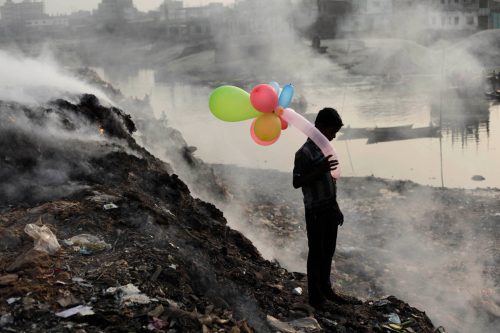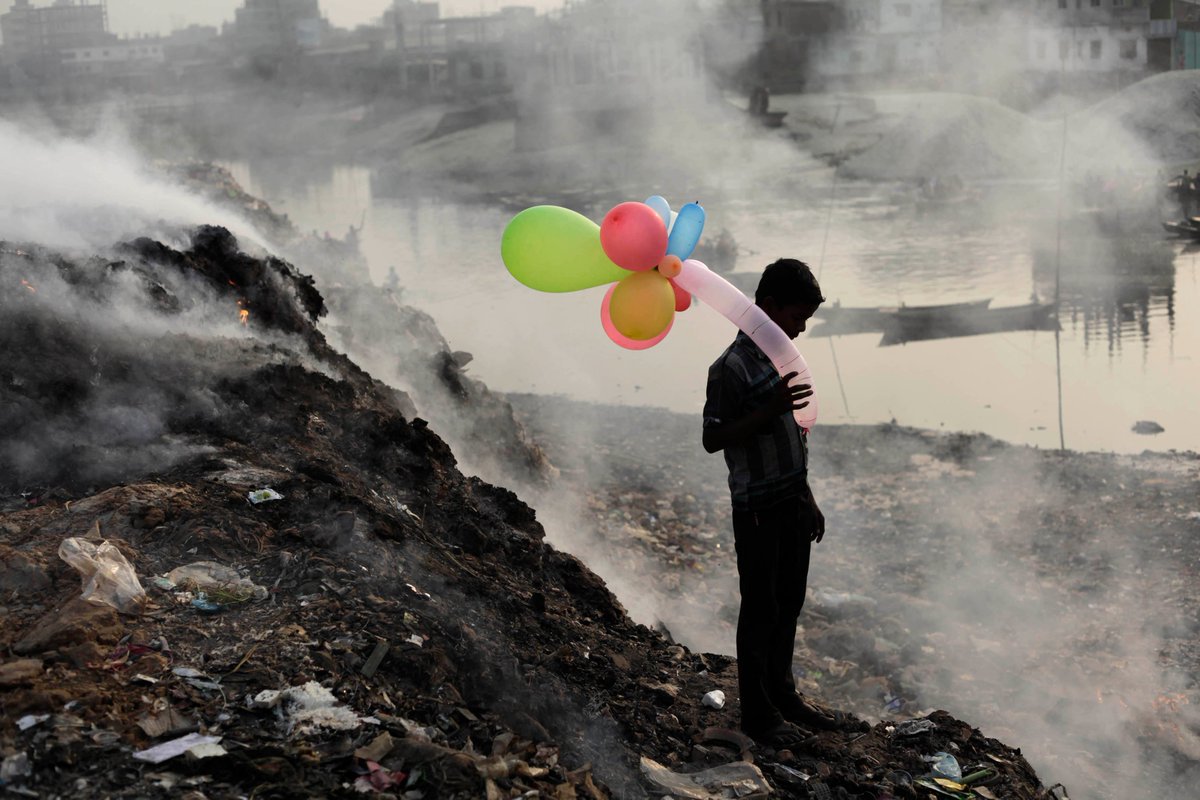This man has 40 years of experience and has mined all over the world. When he speaks, people should listen. Amazingly, they did. Read this thread. It’s full of staggering facts and statistics.
Thank you everyone, this tweet thread has been seen by over 4 million people. I have been contacted by Fox News, Liz Wheeler, professors, authors and podcast producers to do interviews. I live a quiet private life and have no interest in changing that. Again, thank you everyone. https://t.co/mrrPht0B0v
— John Lee Pettimore (@JohnLeePettim13) January 16, 2023
The 🧵thread
- MiningWatch Canada is estimating that “[Three] billion tons of mined metals and minerals will be needed to power the energy transition” – a “massive” increase especially for six critical minerals: lithium, graphite, copper, cobalt, nickel and rare earth minerals
- Over the next 30 years 7.5 billion of us, we will consume more minerals than the last 70,000 years or the past 500 generations, which is more than all of the 108 billion humans who have ever walked the Earth.
- Mining requires the extraction of solid ores, often after removing vast amounts of overlying rock. Then the ore must be processed, creating an enormous quantity of waste – about 100 billion tonnes a year, more than any other human-made waste stream.
- Purifying a single tonne of rare earths requires using at least 200 cubic meters of water, which then becomes polluted with acids and heavy metals. On top of that, imagine the destruction and energy required to obtain these essential metals:
- 18,740 pounds of purified rock to produce 2.2 pounds of vanadium 35,275 pounds of ore for 2.2 pounds of cerium 110,230 pounds of rock for 2.2 pounds of gallium 2,645,550 pounds of ore to get 2.2 pounds of lutecium Also staggering amounts of ore are needed for other metals.
- By 2035, demand is expected to double for germanium; quadruple for tantalum; and quintuple for palladium. The scandium market could increase nine-fold, and the cobalt market by a factor of 24. (Marscheider-Wiedemann 2016 ‘raw materials for emerging technologies’.
- The potential demand for rare metals is exponential. We are already consuming over two billion tonnes of metals every year — the equivalent of more than 500 Eiffel Towers a day.
- There is nothing refined about mining. It involves crushing rock, and then using a concoction of chemical reagents such as sulphuric and nitric acid, a long and highly repetitive process using many different procedures to obtain a rare-earth concentrate close to 100% purity.
- As rare metals have become ubiquitous in green and digital technologies, the exceedingly toxic sludge they produce has been contaminating water, soil, the atmosphere, and the flames of blast furnaces.
- Do you think solar panels are “Green” Think again. There is nothing green about solar panels. Did you know we clear cut forests, not for panel placement but for the wood needed to produce the panels. Don’t believe me, have a read. https://hiddenhistorycenter.org/wp-content/uploads/2020/01/BurningCoalTreesToMakeSolarPanels.pdf
- I have seen the destruction of mountains, lakes and pristine waterways all in the name of #GreenEnergy. A recent report by the Blacksmith Institute identifies the mining industry as the second-most-polluting industry in the world. Soon to be Number # 1 Why? Green energy.
- Green’ technologies require the use of rare minerals whose mining is anything but clean. Heavy metal discharges, acid rain, and contaminated water sources — it borders on being an environmental disaster. Put simply, clean energy is a dirty affair.
- Wind turbines guzzle more raw materials than previous technologies: ‘For an equivalent installed capacity, solar and wind facilities require up to 15 times more concrete, 90 times more aluminum, and 50 times more iron, copper, and glass than fossil fuels or nuclear energy.
- Think of China. One-fifth of China’s arable land is polluted from mining and industry. Mining the materials needed for renewable energy potentially affects 50 million square kilometers, 37% of Earth’s land (minus Antarctica). Now imagine that number 10 fold.
- If you’ve gotten this far still believing that renewables are clean and green, well, I have a bridge to sell you. We thought we could free ourselves from the shortages, tensions, and crises created by our appetite for oil and coal.
- Instead, we are replacing these with an era of new and unprecedented shortages, tensions, and crises.

An offshore wind farm requires 13X more critical minerals than a natural gas power plant.
— Brian Gitt (@BrianGitt) January 13, 2023
This doesn't include bulk materials.
1 Wind Turbine Requires:
900 tons of steel
2,500 tons of concrete
45 tons of non-recyclable plastichttps://t.co/IH6aE0EQc3 pic.twitter.com/UNmW22nbd8
